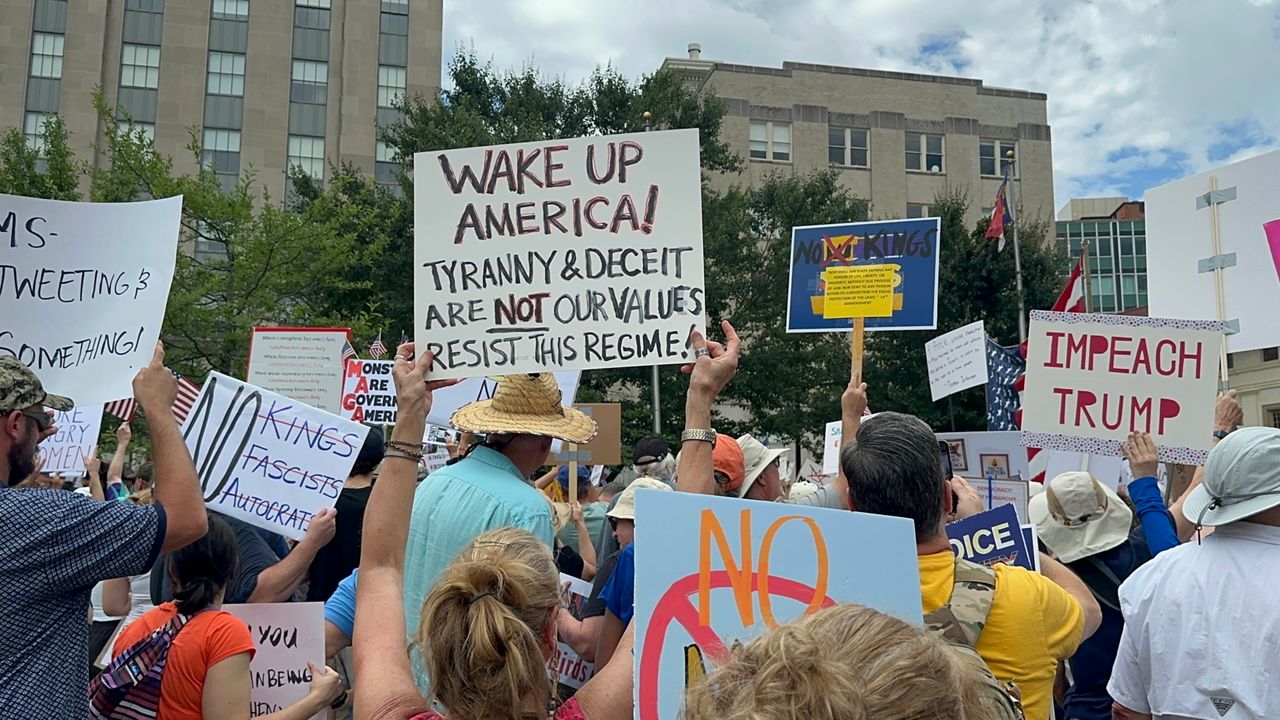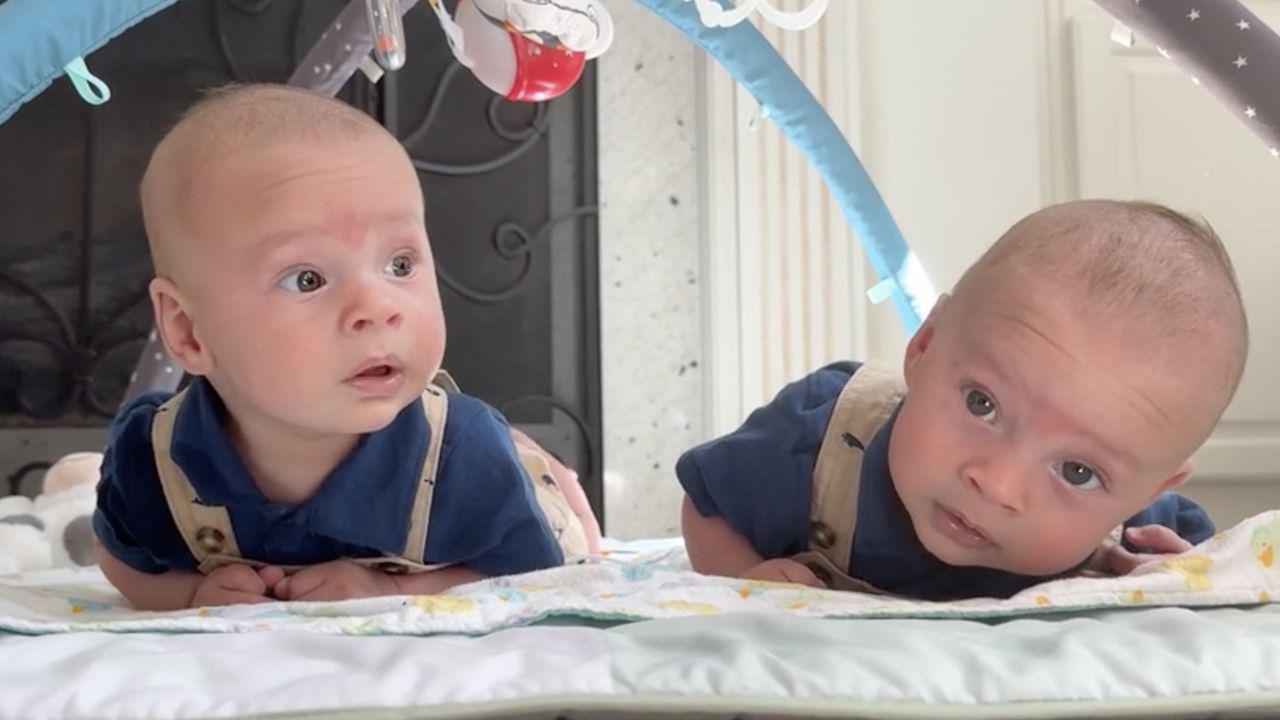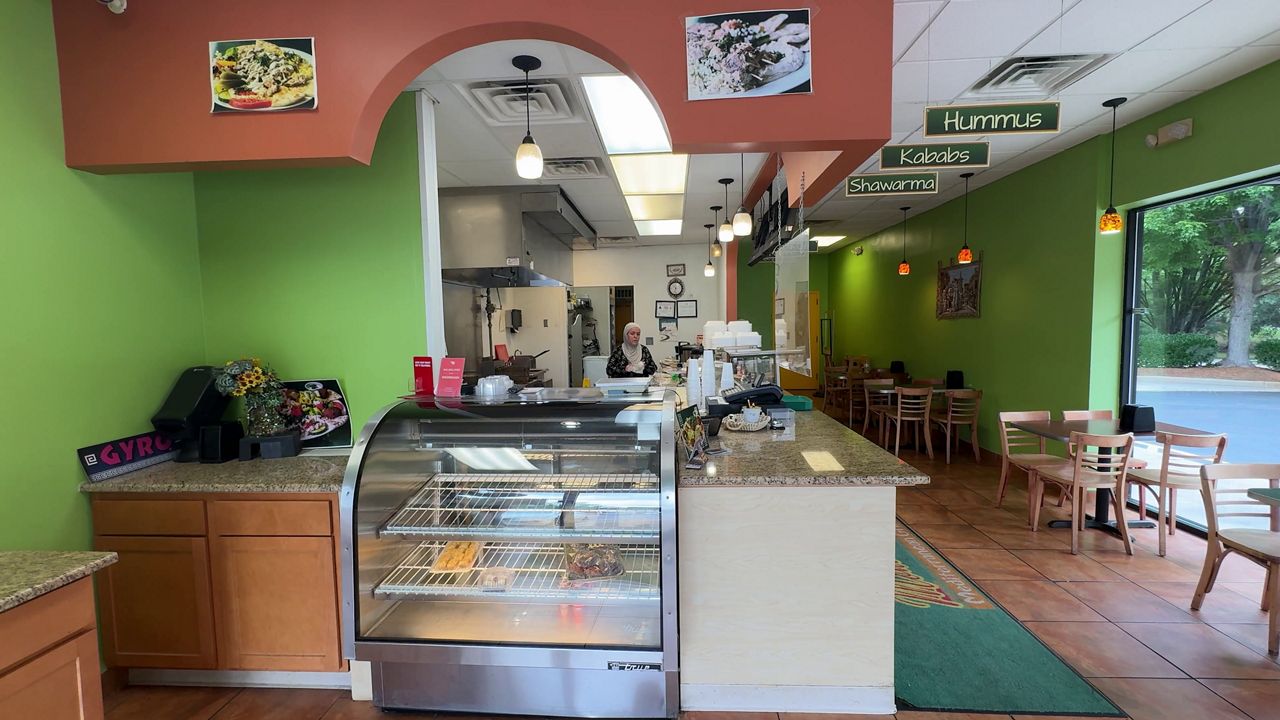DURHAM, N.C. — The fallout continues after the U.S. Supreme Court voted to overturn Roe v. Wade. At the moment, abortion remains legal in North Carolina. Planned Parenthood South Atlantic says its doors are open, and people can continue to schedule appointments for abortion care.
The Roe v. Wade ruling will affect Black women more than any other racial group. This is because the CDC says Black women in the U.S. are nearly four times more likely to have an abortion than white women.
The Roe v. Wade ruling will affect Black women more than any other racial group
Community organizer Kyla Hartsfield is leaning toward not having children and wants to guarantee reproductive rights for herself, her friends and neighbors
Hartsfield is also concerned about the maternal mortality rates for Black women and wants to encourage abortion rights supporters to become doulas
Kyla Hartsfield, a community organizer, is worried about what this decision means for reproductive rights in the Black community.
“I’m actually still in the shock of it,” Hartsfield said. “Living in America, well the United States of America, with so much grief and turmoil, you would think we would get used to it, but I actually never thought that we would get to this place. And that might be naïve of me.”“I’m actually still in the shock of it,” Hartsfield said. “Living in America, well the United States of America, with so much grief and turmoil, you would think we would get used to it, but I actually never thought that we would get to this place. And that might be naïve of me.”
It’s been three days, and Hartsfield still can’t believe Roe v. Wade has been overturned. This moment hits close to home.
“I love so many people who have had abortions. I love so many people who need the option to have abortions, and it feels like on my front doorstep,” she said.
Monday she donated to the Carolina Abortion Fund, an organization that is helping women seeking abortions in North and South Carolina.
According to Planned Parenthood, an abortion costs anywhere between $300 to $600, depending on the method and how far along in the pregnancy. While Hartsfield has never had an abortion, she has paid for one.
“One of my very close friends was just not ready. And had to make the hard decision, as well as like, did not have the money,” Hartsfield said. “And just asked me, and I was like, 'yes.' It wasn’t really a thing to think about too long. It also felt a blessing to be able to have the resources to help my friend.”
Whether or not to have a baby is a very personal decision. She’s leaning toward not having children.
“We don’t have free health care. Right now, we don’t have access to formula for the kids that we have currently,” Hartsfield said. “So it’s not a good decision in my life to have kids at this moment.”
The CDC says Black women are nearly three times more likely to die from childbirth-related causes than their white counterparts. It's a real concern for Hartsfield, who says she’s always thought about becoming a doula for expecting Black mothers.
“My mother’s grandmother has died from childbirth,” Hartsfield said. “My mom only had me because she had complications during childbirth, and it’s something that is not an easy experience.”
Hartsfield wants to encourage abortion rights supporters to get involved, such as getting the training to become an abortion escort, an abortion doula or even regular doula to help Black and brown women.
The overturning of Roe v. Wade has some thinking ahead to the midterm elections. Right now the Republican-controlled legislature doesn’t have a veto-proof majority, meaning abortion is likely to stay legal in North Carolina. But that could be in jeopardy if Republicans gain more seats in the state legislature in November.





)


